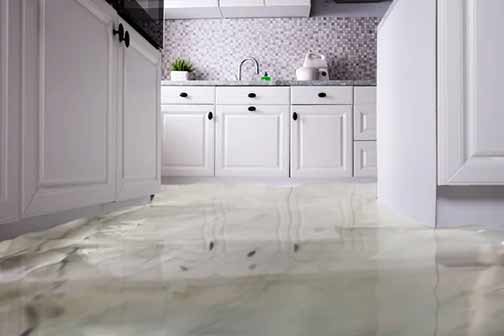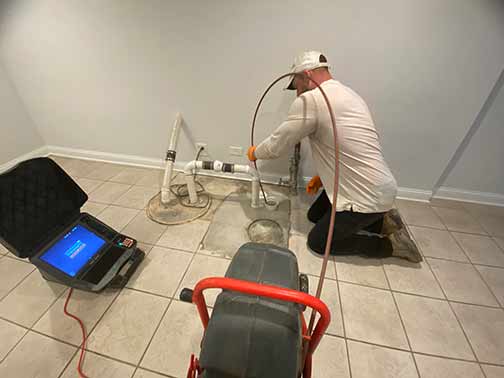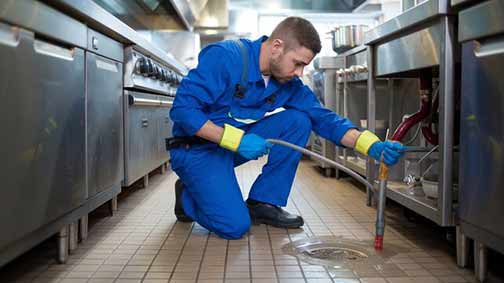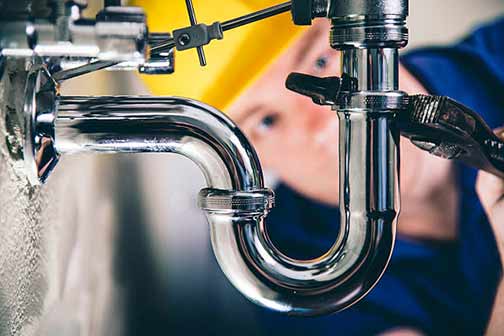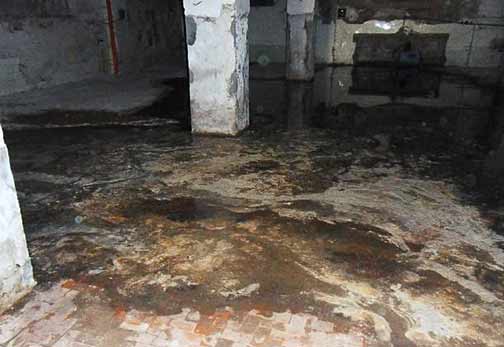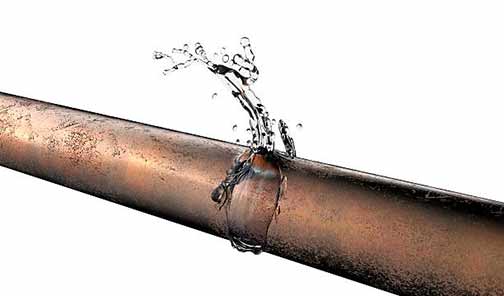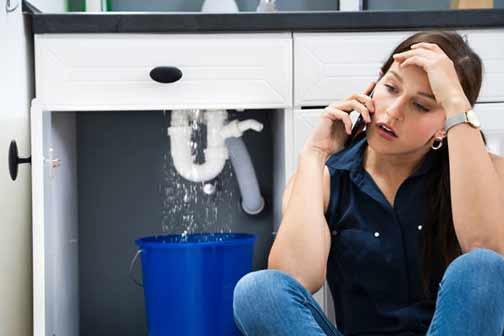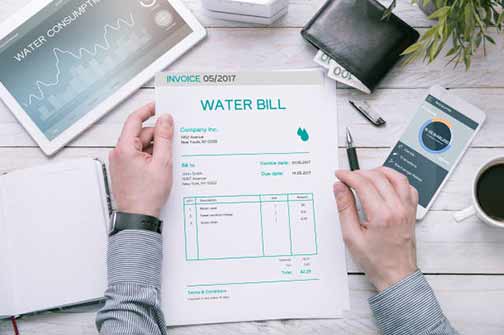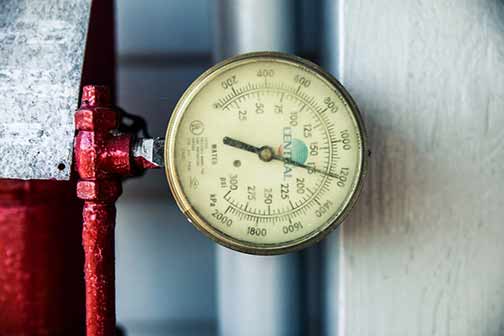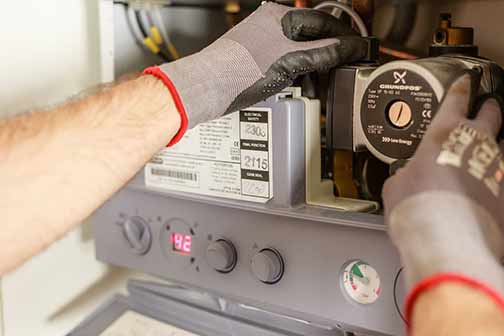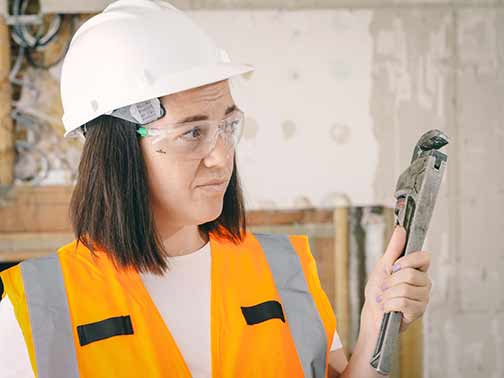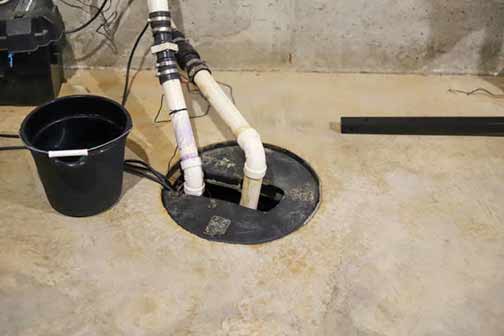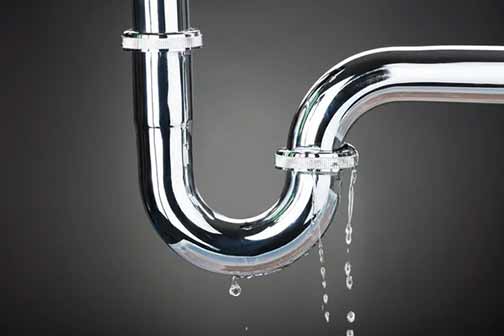
Preventive plumbing is a critical component of maintaining a safe and efficient home environment. By addressing potential issues before they escalate into significant problems, homeowners can save money, conserve water, and prevent property damage. Leaky pipes, in particular, are a common issue that can lead to severe consequences if not addressed promptly. Understanding the importance of preventive measures is the first step in tackling these issues effectively.
Preventive plumbing involves regular inspections, maintenance, and minor repairs to ensure the plumbing system functions optimally. This proactive approach helps in identifying potential problems early, allowing homeowners to take corrective measures before they lead to costly repairs or water damage. Moreover, preventive plumbing contributes to the longevity of the plumbing system, ensuring it remains efficient and reliable for years to come.
Identifying Common Causes of Leaky Pipes and Their Impact
Leaky pipes can result from various causes, each requiring a specific approach to resolve. Common causes include corrosion, high water pressure, temperature changes, and faulty plumbing installations. Corrosion can occur over time, especially in older pipes, leading to small leaks that can grow if not addressed. High water pressure can stress pipes, causing them to crack or burst. Temperature changes, particularly in climates with freezing winters, can cause pipes to expand and contract, leading to leaks. Faulty plumbing installations, often due to poor workmanship, can also result in leaks.
The impact of leaky pipes extends beyond the immediate inconvenience of water loss. Leaks can lead to water damage, mold growth, and structural damage to the home. They can also result in increased water bills and wasted resources. Understanding the root causes of leaks is crucial in developing effective strategies to prevent them and mitigate their impact on the home and the environment.
Regular Maintenance: The Key to Preventing Leaks and Ensuring Efficiency
Regular maintenance is crucial in preventing leaky pipes and ensuring the overall efficiency of the plumbing system. Homeowners should schedule routine inspections with a professional plumber to identify and address potential issues before they escalate. During these inspections, plumbers can check for signs of wear and tear, corrosion, and other problems that could lead to leaks. Additionally, homeowners should be proactive in maintaining their plumbing systems by regularly checking for leaks, monitoring water pressure, and ensuring that pipes are adequately insulated.
Regular maintenance also includes tasks such as cleaning drains, checking for signs of water damage, and testing water pressure. By staying vigilant and addressing minor issues promptly, homeowners can prevent them from developing into more significant problems. This proactive approach not only saves money on repairs but also extends the lifespan of the plumbing system, ensuring it remains efficient and reliable.
Effective Strategies for Tackling Leaky Pipes Before They Escalate
When it comes to tackling leaky pipes, several strategies can be employed to address the issue effectively. One of the most effective strategies is to replace old or damaged pipes with newer, more durable materials. This can help prevent leaks from occurring in the first place. Additionally, homeowners can install water pressure regulators to ensure that their plumbing systems are not subjected to excessive pressure. Insulating pipes is another effective strategy, particularly in colder climates, as it helps prevent pipes from freezing and cracking.
Another effective strategy is to conduct regular inspections of the plumbing system, looking for signs of wear and tear, corrosion, and other potential issues. Homeowners can also invest in leak detection systems that alert them to the presence of leaks, allowing for prompt action. By implementing these strategies, homeowners can prevent leaks before they start and ensure the long-term health of their plumbing system.
DIY Solutions for Minor Leaks: Quick Fixes and Temporary Measures
While professional assistance is often necessary for significant plumbing issues, homeowners can tackle minor leaks themselves with a few simple tools and materials. For small leaks, applying plumber’s tape or pipe sealant can provide a temporary fix until a professional can address the issue. Additionally, homeowners can use pipe clamps or rubber patches to stop leaks temporarily. However, it’s important to remember that these DIY solutions are only temporary and should not replace professional repairs.
DIY solutions are best suited for minor leaks that do not pose a significant threat to the home or its plumbing system. Homeowners should always exercise caution when attempting DIY repairs and seek professional assistance if they are unsure of how to proceed. By addressing minor leaks promptly, homeowners can prevent them from developing into more significant issues, saving time and money in the long run.
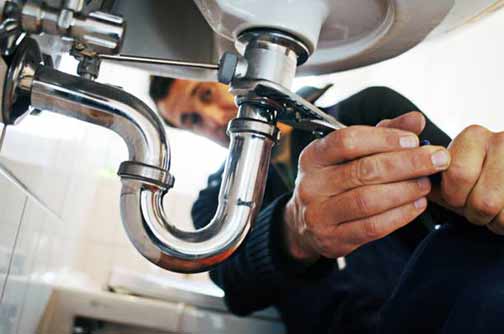
Professional plumbers have the tools and expertise to detect and repair leaks effectively, ensuring the long-term health of your plumbing system.
When to Call a Professional Plumber: Recognizing the Signs of Serious Issues
Knowing when to call a professional plumber is crucial in preventing minor leaks from turning into significant problems. If a leak persists despite DIY efforts, or if it is located in a hard-to-reach area, it’s best to call in a professional. Additionally, if a leak is causing water damage or affecting the structural integrity of your home, immediate professional intervention is necessary. Professional plumbers have the tools and expertise to detect and repair leaks effectively, ensuring the long-term health of your plumbing system.
Other signs that indicate the need for professional assistance include a sudden increase in water bills, unexplained water stains on walls or ceilings, and the presence of mold or mildew. By recognizing these signs and seeking professional help promptly, homeowners can prevent further damage and ensure the efficient operation of their plumbing system.
The Cost-Effectiveness of Preventive Plumbing: Long-Term Savings and Benefits
Investing in preventive plumbing measures can save homeowners a significant amount of money in the long run. While the initial cost of regular maintenance and inspections may seem high, these expenses are minimal compared to the cost of repairing extensive water damage or replacing entire plumbing systems. By addressing issues early, homeowners can avoid costly repairs and extend the lifespan of their plumbing systems. Additionally, preventing leaks can lead to lower water bills, as even small leaks can waste a significant amount of water over time.
Preventive plumbing also contributes to the overall value of the home. A well-maintained plumbing system is an attractive feature for potential buyers, making the home more appealing in the real estate market. By investing in preventive measures, homeowners can protect their investment and ensure the long-term value of their property.
Environmental Benefits of Preventing Leaks: Conserving Water and Reducing Waste
Preventing leaks not only benefits homeowners financially but also has significant environmental advantages. Water is a precious resource, and conserving it is essential for the health of our planet. By preventing leaks, homeowners can reduce their water usage and contribute to water conservation efforts. This is particularly important in areas experiencing drought or water shortages. Additionally, preventing leaks can help reduce the energy required to treat and transport water, further reducing the environmental impact of water usage.
By adopting preventive plumbing practices, homeowners can play a vital role in preserving the environment and promoting sustainability. Reducing water waste and conserving resources are essential steps in addressing the global water crisis and ensuring a sustainable future for generations to come.
Conclusion: Taking Proactive Steps for a Leak-Free Home and a Sustainable Future
In conclusion, preventive plumbing is a crucial aspect of maintaining a safe, efficient, and environmentally friendly home. By understanding the causes of leaky pipes and implementing regular maintenance and effective strategies, homeowners can prevent leaks before they start. Whether it’s through DIY solutions or professional assistance, taking proactive steps can save money, conserve water, and prevent damage to your home. Embracing preventive plumbing practices ensures a leak-free home and contributes to a sustainable future.
By prioritizing preventive plumbing, homeowners can protect their investment, enhance the value of their property, and contribute to a healthier planet. The benefits of preventive plumbing extend beyond the immediate advantages of cost savings and efficiency, offering long-term rewards for homeowners and the environment alike. By taking proactive steps and embracing preventive measures, homeowners can ensure a leak-free home and a sustainable future for generations to come.
